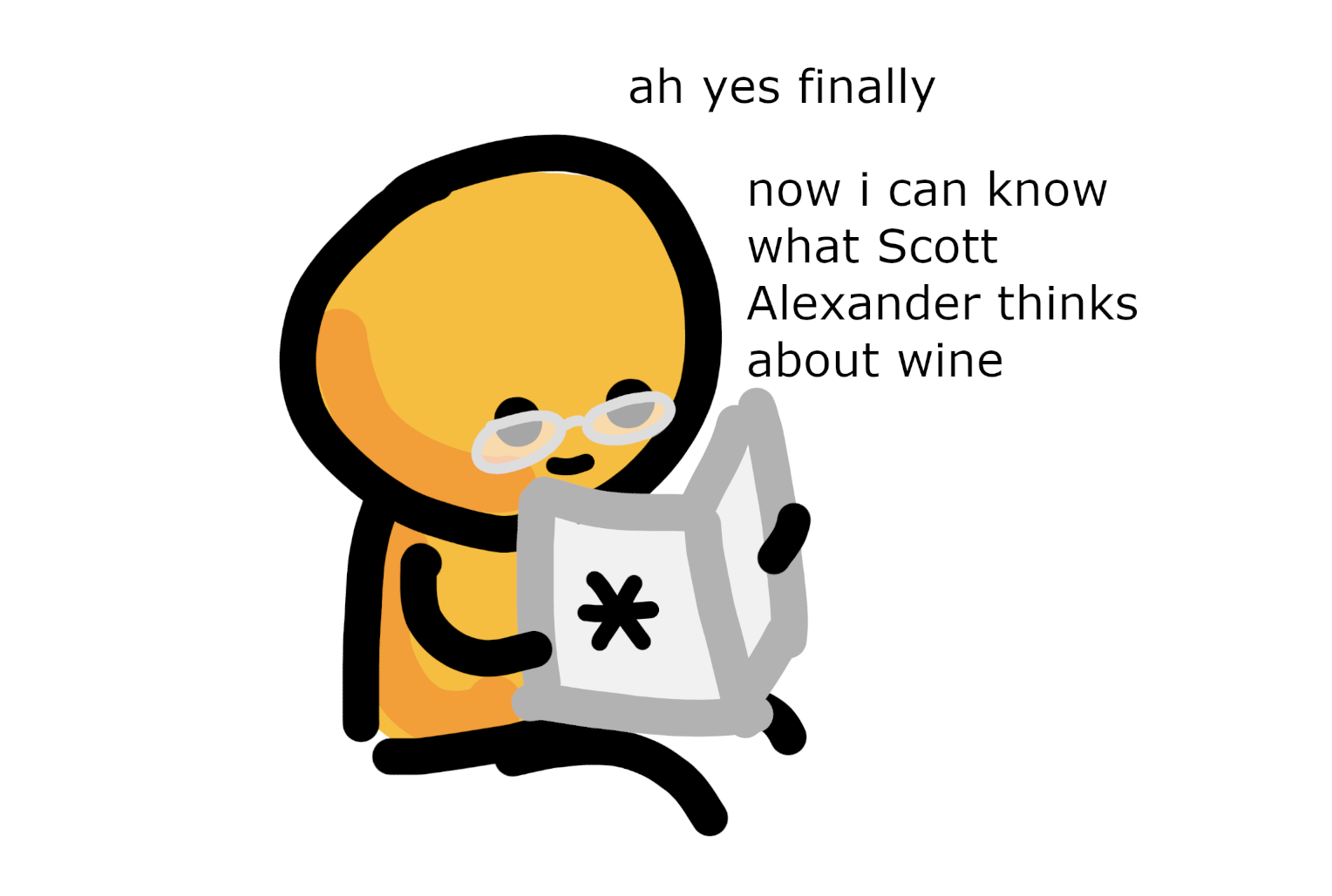Are you a fan of engaging, epistemically rigorous longform writing about the world's most pressing problems? Interested in in-depth interviews with leading scholars? A reader of taste and discernment? Sick of FTXcourse?
Distract yourself with the inaugural issue of Asterisk Magazine, out now!
Asterisk is a new quarterly journal of clear writing and clear thinking about things that matter (and, occasionally, things we just think are interesting). In this issue:
- Kelsey Piper argues that What We Owe The Future can't quite support the weight of its own premises.
- Kevin Esvelt talks about how we can prevent the next pandemic.
- Jared Leibowich gives us a superforecaster's approach to modeling monkeypox.
- Christopher Leslie Brown on the history of abolitionism and the slippery concept of moral progress
- Stuart Ritchie tries to find out if the replication crisis has really made science better.
- Dietrich Vollrath explains what economists do and don't know about why some countries become rich and others don't.
- Scott Alexander asks: is wine fake?
- Karson Elmgren on the history and future of China's semiconductor industry.
- Xander Balwit imagines a future where genetic engineering has radically altered the animals we eat.
A huge thank you to everyone in the community who helped us make Asterisk a reality. We hope you all enjoy reading it as much as we enjoyed making it.


I agree. I've already started to develop a bit of an instinctive 'ugh' reaction to random illustrations, even ones without obvious generative model tell-tales or the DALL-E watermark.
It's comparable to how you feel when you notice that little '© Getty Images' or a Memphis style image, and realize your time & (mental) bandwidth was wasted by the image equivalent of an emoji. It's not that they look bad, necessarily, but they increasingly signify 'cheap' and 'tacky'. (After all, if this monkey pox image can be generated by a prompt of 12 redundant words, then that's another of saying that the image is worth far less than a thousand words - it's worth less than 12...)
It gets worse if you can spot any flaws or they do look bad overall: "so you couldn't even take another minute to generate a variant without blatant artifacting? That's how slovenly and careless your work is, and how little you respect your readers?"